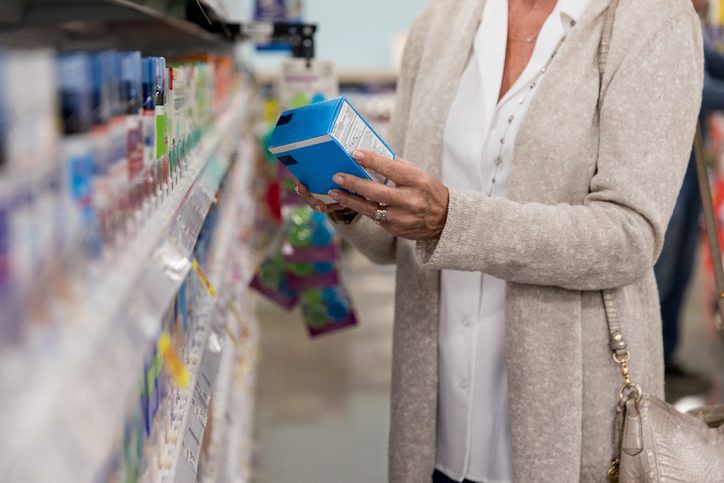Legal is Not the Same as Safe When it Comes to Drugs and Alcohol. In the popular imagination, the idea of a “drug addict” generally calls to mind someone who is using illicit drugs—the kinds of substances that must be acquired in secret from sketchy sources. Alternately (especially given the opioid crisis), people might think of addicts as folks who are hooked on prescription drugs.
Of course, it is certainly true that illicit and prescription drugs can lead to substance use disorders. But it is also true that substances that are perfectly legal and can be purchased without a prescription can lead to issues. Let’s take a look at a few of those substances and the problems they can cause.
Up In Smoke—The Trouble with Tobacco and Marijuana
It is hard to believe now, but 100 years ago, cigarette advertising often featured doctors and their smoking preferences. These days, of course, we know that smoking can be devastating to your health—and that the nicotine in cigarettes is addictive.
Still and all, you can walk right into a convenience or grocery store and purchase cigarettes. And many people still do—including people who are in recovery from a substance use disorder centered on some other drug. We would argue, however, that the health risks of smoking simply are not worth it—and that ongoing use of cigarettes is too close to a relapse for comfort.
Of course, tobacco is not the only thing you can smoke. In more and more places, marijuana is now legal for recreational use, too. For a long time, some have argued that marijuana is not addictive, but evidence suggests otherwise. That means everyone who uses it needs to be vigilant—and that those in recovery should arguably avoid it entirely.
Drunk and Disorderly—The Impacts of Alcohol
Admittedly, the image of the alcoholic is perhaps as prevalent in popular culture as the “drug addict” we called to mind at the beginning of this entry. And some of those pop culture depictions suggest that an addiction to alcohol is funny rather than problematic.
But, of course, a substance use disorder centered on alcohol is not funny at all. The trickiest thing when it comes to alcohol is not just that it is legal but that it is ingrained into so much of our culture. Going to a fancy dinner? Have some wine. Headed to a ballgame? Grab a beer. Meeting friends after work? Consider a cocktail. Alcohol is a seemingly unavoidable part of much of life.
That can be a real challenge for someone at risk of developing a substance use disorder—or for someone who is already in recovery. Making good choices, hanging out with folks who are happy to drink soda or water or mocktails, and finding effective ways to turn down drinks in social situations can help ensure that your sobriety is not upended by alcohol.
Available Over the Counter—OTC Still Has Risks
Over the counter drugs—that is, drugs for which you do not need a prescription—can be convenient and helpful when you are a little under the weather. But a variety of these easily accessible drugs can still be at the heart of a substance use disorder if they are misused. A partial list of potential problems includes:
- Pain relievers
- Decongestants
- Cold and cough medications
- Motion sickness relievers
- Weight loss/diet pills
- Caffeine pills
- Laxatives
The key to the safe use of over-the-counter medication is to stick to the label instructions. Stick to the dosage amounts and the periods of time between taking those doses. Doing so helps ensure that these convenient meds are consistently helpful to you rather than harmful.
No Matter What Substance is in Play, French Creek can Help
If you are struggling with any drug—legal or otherwise—our Meadville, PA, team can help you regain our sobriety. We provide evidence-based, personalized treatment that starts with medically supervised detoxification. Our detox program helps you manage the rigors of withdrawal in an environment free from the temptations you would encounter if you tried to get sober on your own.
Detox is followed by our robust and supportive rehabilitation program. Rehab includes both individual and group therapy, and therapy sessions will include learning strategies for maintaining your sobriety over time. During the rehabilitation process, we also provide treatment for any co-occurring mental health disorders that may be entangled with your substance use disorder.
Finally, when your time in treatment comes to an end, we provide a continuum of care designed to offer ongoing support in the early days of your recovery journey. Helping you avoid a relapse (but ready to provide treatment should you experience one) is our top priority.
When you are ready to make a change, we are eager to help you reclaim your sobriety and your quality of life.

